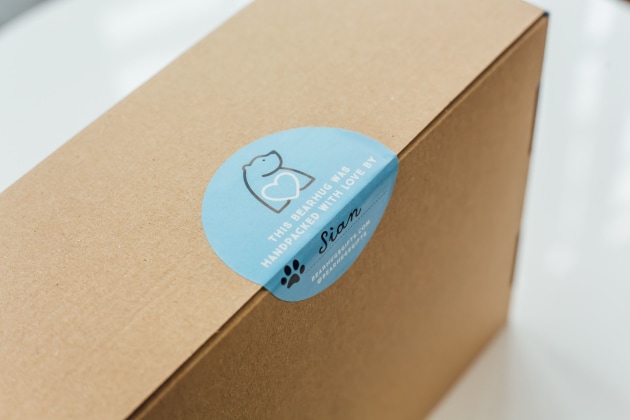New business models and greater vertical integration will change the face of the packaging market, according to research company Smithers Pira.
In its The Future of Business Models in Packaging to 2022 report, Smithers Pira estimated the value for packaging services in 2017 was worth $33.7 billion, and by 2022 will be worth $50 billion, increasing at a compound annual growth rate of 9.5 per cent.
While the packaging industry may still circle around the same materials – glass, paper and fibreboard, plastics, wood, and metal – Smithers Pira says innovative business models are increasingly providing the catalyst to explore new materials, markets, and high-value market applications.

It found that contract packing was by far the largest segment, with 70 per cent of the value.
The priorities for packaging services vary along the value chain, and the positions are not fixed, Smithers Pira says.
"Vertical development of the business model is normal where services that traditionally belong in another step are integrated in the offering," the report stated.
"A typical example of a vertical business model is the packaging converter that also offers design services."
Evolution of this kind is being driven by a series of broader technical and market developments examined in the Smithers study.
These include:
· E-commerce, which is growing very fast and changes the way consumers shop. It adds convenience, an unlimited product range to choose from and a transparency that people appreciate. It also changes how brand owners interact with consumers.
· Digital printing as a maturing technology is changing how firms can communicate with consumers, and is a means to personalise products.
· Smart and intelligent packaging opens a wide range of new possibilities for the packaging industry and for brand owners.
· Contract packing is not a new concept, but it fits well with deeper collaboration across the value chain, and can deliver major coast savings.
· Industry 4.0 will also change the packaging business and it will be necessary for organisations to get on board utilising the benefits from automation, data exchange, IoT, and communicating robots on the factory floor and in distribution chains.
· Analysing Big Data – such as sensor data for temperature, vibration, rotation speed – means packaging companies will be able to improve and rationalise; implementing predictive, rather than reactive, maintenance and service. Simultaneously twinning this with smart consumer-facing pack formats will give brands new leverage to engage with customers via personalised promotions.







